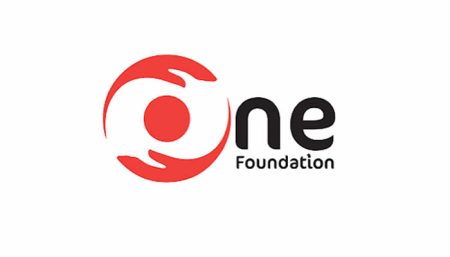The Joint Admissions and Matriculation Board (JAMB) has uncovered a significant number of fraudulent Advanced Level (A-Level) certificates, raising concerns about the integrity of the Nigerian education system. In 2025 alone, JAMB identified 585 forged A-Level certificates, a troubling statistic revealed by the board’s Registrar, Professor Ishaq Oloyede, during an internal meeting. This discovery underscores the persistent challenge of academic dishonesty and the urgent need for robust measures to combat it. The proliferation of fake certificates not only undermines the credibility of educational qualifications but also poses a threat to the quality of higher education in Nigeria.
The prevalence of forged certificates prompted JAMB to establish the Nigeria Integrated Post-Secondary Education Data System (NIPEDS). This comprehensive platform aims to centralize and meticulously manage data related to post-secondary education, providing a vital tool for verifying the authenticity of academic credentials. NIPEDS serves as a critical defense mechanism against fraudulent practices, enabling institutions to cross-reference and validate certificates, thereby strengthening the overall integrity of the education system. By streamlining data collection and access, NIPEDS empowers educational stakeholders to detect and deter fraudulent activities, fostering greater transparency and accountability.
Adding another layer of complexity to the issue, JAMB revealed the disconcerting involvement of Professional Registration Centres in the upload of 13 forged Interim Joint Matriculation Board (IJMB) certificates. The IJMB examination serves as an alternative pathway to university admission. The complicity of these centers, entrusted with facilitating the registration process, raises serious questions about the adequacy of oversight and the potential for internal collusion. JAMB is actively investigating these cases, highlighting the board’s commitment to uncovering the full extent of the fraudulent network and holding those responsible accountable. This investigation underscores the importance of robust internal controls and stringent monitoring mechanisms within educational institutions and related organizations.
Law enforcement agencies have already apprehended four individuals implicated in the forgery scheme. These arrests signify the collaborative effort between JAMB and the police to bring the perpetrators to justice. The investigation has also revealed the disturbing presence of internal collaborators within educational institutions, aiding and abetting the fraudulent activities. This revelation points to a systemic problem that requires comprehensive and sustained action to address. The involvement of insiders underscores the vulnerability of the system to exploitation and the need for stronger ethical guidelines and robust internal controls.
JAMB’s efforts to expose and combat certificate forgery represent a crucial step in upholding the integrity of the Nigerian education system. The board’s proactive approach, coupled with the collaboration of law enforcement agencies, sends a strong message that academic dishonesty will not be tolerated. The ongoing investigation, including the pursuit of ringleaders and internal collaborators, demonstrates a commitment to dismantling the fraudulent networks and safeguarding the credibility of educational qualifications. By addressing the issue head-on, JAMB aims to create a more transparent and trustworthy educational environment.
The discovery of these fraudulent activities highlights the broader challenge of maintaining academic integrity in a rapidly evolving educational landscape. The increasing reliance on digital platforms and the ease of accessing information make it easier for individuals to engage in fraudulent practices. This necessitates a multi-pronged approach that combines technological solutions, robust regulatory frameworks, and strong ethical guidelines. The collaboration between educational institutions, regulatory bodies, and law enforcement agencies is crucial in combating academic dishonesty and ensuring the credibility of educational qualifications. By working together, these stakeholders can create a more secure and trustworthy educational environment that fosters genuine learning and achievement.














